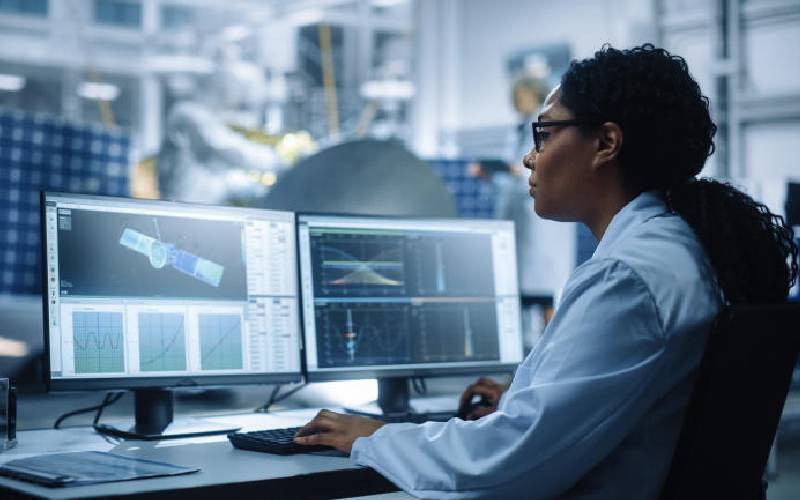- Hurricane Milton heads for Florida: Predicted path and what to expect
- Houthi Red Sea attacks still torment global trade, a year after October 7
- Bad call from Wall Street analysts on DuPont stock may be good news for investors
- Crypto relationship scams pose 'catastrophic harm,' SEC official says. Here's how to avoid them
- Trump's Mar-a-Lago, golf resorts are outside Milton's path. But Truth Social's offices are at risk
What do you believe is the single most important factor driving up the cost of living in Nigeria?

Psychosocial risks of collaborative robots: Emphasizing the need for worker engagement
The growing use of collaborative robots in the workplace may pose significant psychosocial risks to workers' mental health and their job security, but there are ways for organizations to smooth the transition, according to research from the Monash University Business School.
Once confined to science fiction, collaborative robots, or cobots, are rapidly reshaping the Australian workplace, handling everything from heavy machinery to delicate surgical tasks.
Automation, including cobots, is predicted to increase annual productivity growth in Australia by 50% to 150%. These technologies have the potential to add a further $170–600 billion per year to GDP by 2030, according to the National Robotics Strategy.
While cobots are often portrayed as increasing efficiency and speed, and providing a safe and reliable means to reduce physical workplace risk, less is known about the hidden psychosocial risks employees may be facing.
Monash Business School Professor Herman Tse and his research team found psychosocial hazards, such as job insecurity and role ambiguity, are common issues that affect workers as part of the growing use of collaborative workspace technologies, such as cobots.

- October 8, 2024
Artal Developments launches EGP 12bn STRIDE project in New Cairo

- October 8, 2024
Polymath Real Estate unveils Aura City

- October 8, 2024
Dangiwa okays Abuja architectural technicians school

- October 8, 2024
Cooperative Bank seeks to strengthen ties with NGOs


- October 8, 2024
DBN wins two SME finance awards

- October 7, 2024
Signal Alliance Technology Holding gets ISO certifications

- October 8, 2024
Oil prices nears $80 mark amid Middle East tensions

- October 8, 2024
US industrial policy may strengthen EV battery supply chain

- October 8, 2024
NGX, JSE to collaborate on governance
Subscribe to our mailing list to get the new updates!

Subscribe our newsletter to stay updated
Thank you for subscribing!




